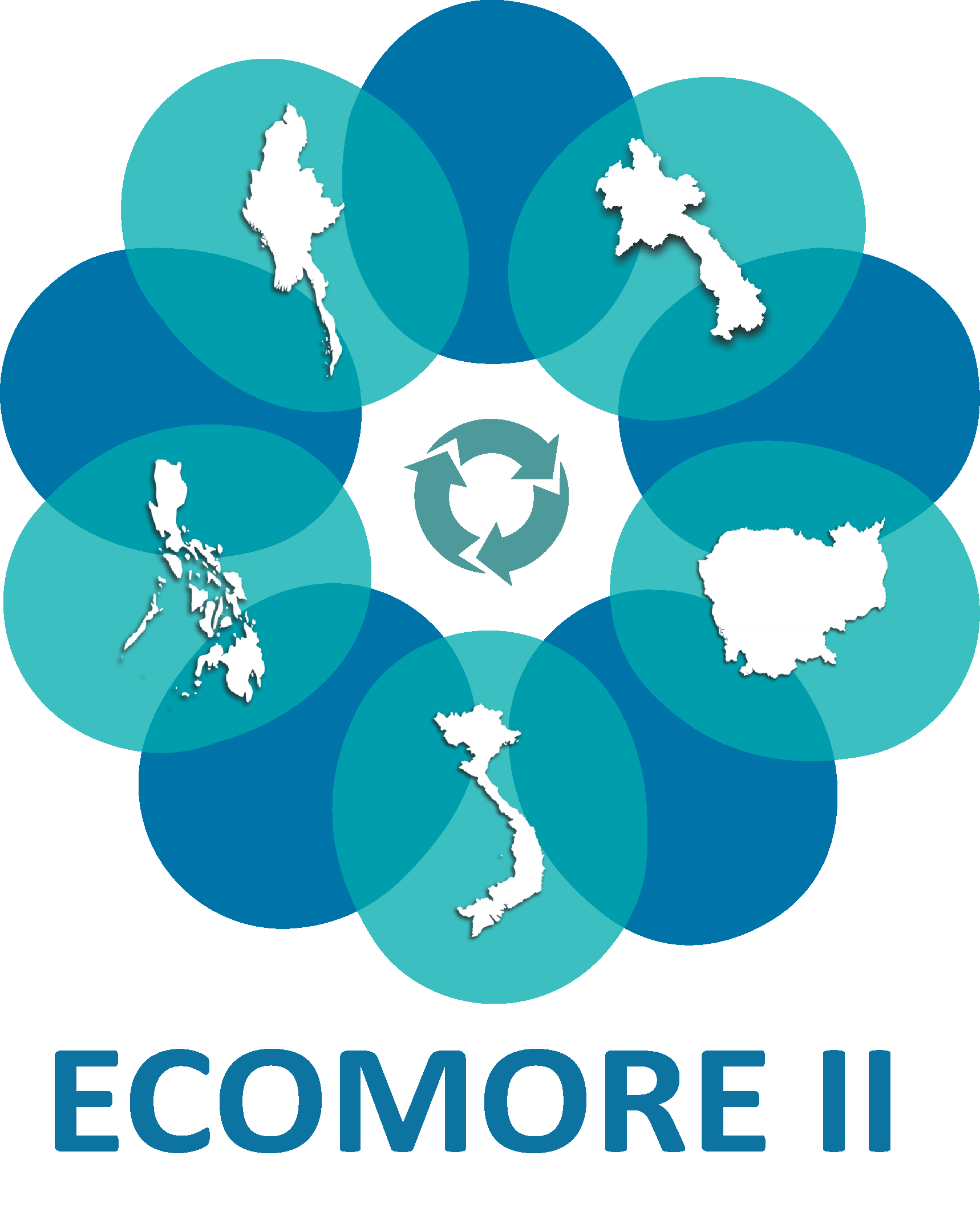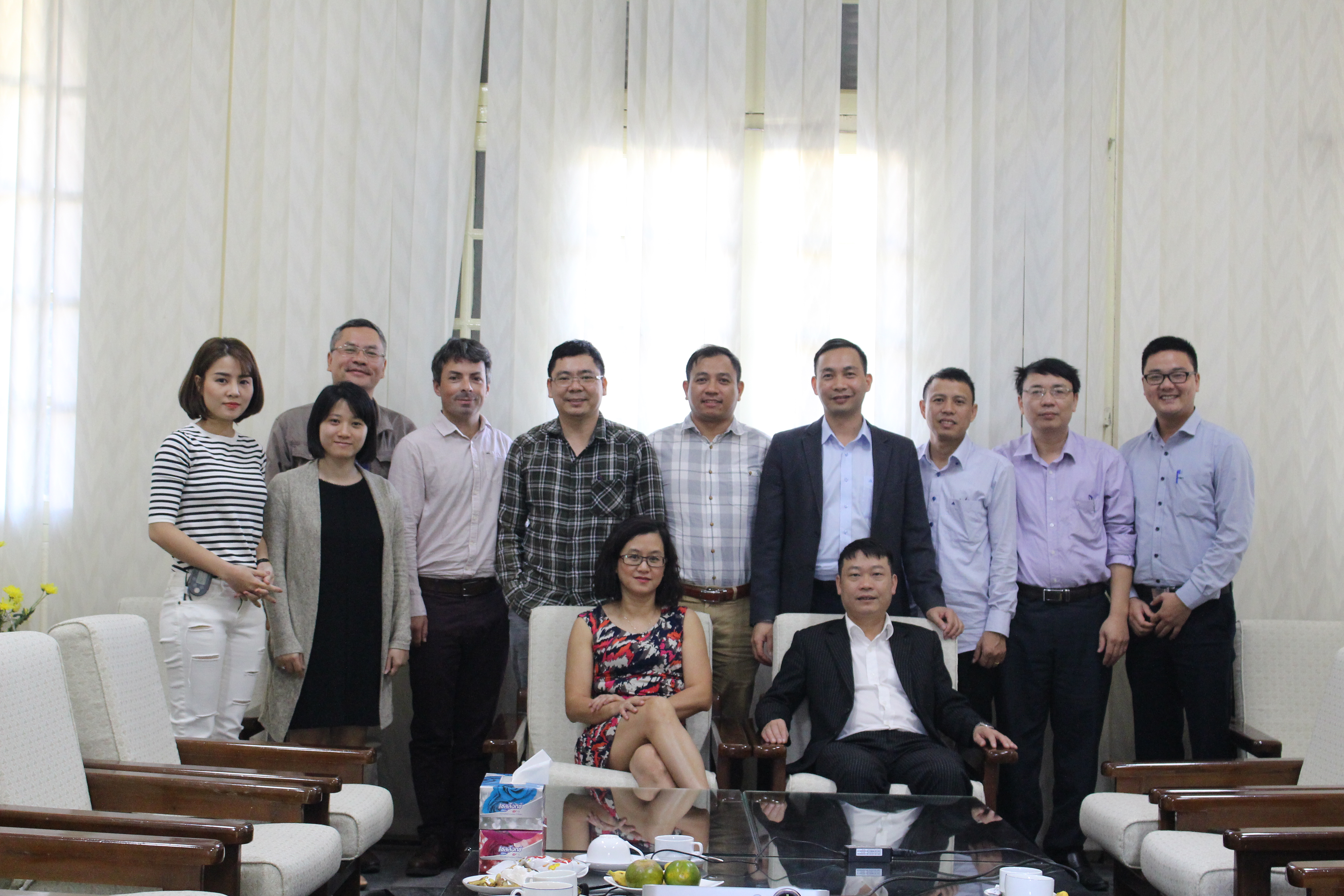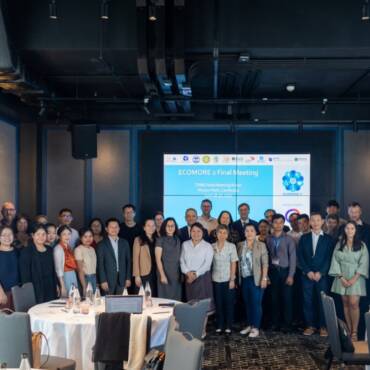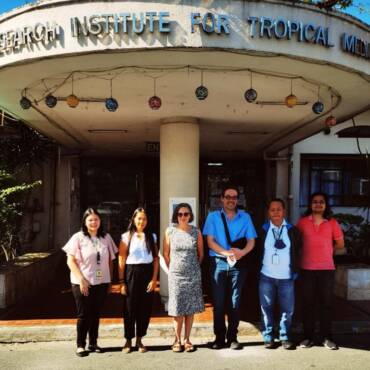On November 2, 2018 in Hanoi, a Working Group meeting brought together people from NIHE involved in the Vietnamese component of ECOMORE project, representatives of Vietnamese institutions and the team leader of the Climate component of the project to discuss the integration of meteorological and climatic variability for the study of leptospirosis, as part of ECOMORE in Vietnam. Dr. Le Thi Phuong Mai, Head of Dept. of Public Health at NIHE, presented the project and the study on leptospirosis conducted in the three selected provinces in Vietnam. Leptospirosis is a water-borne disease and so water is a determining factor for outbreaks by enabling the spread of bacteria. Rainfall and floods will thus have a major role in triggering epidemics. The ground weather stations of the Center for Meteorology and Climatology are therefore of great interest in understanding the dynamics of infectious diseases, such as leptospirosis. Knowledge of the location and duration of floods is more difficult to assess but can be documented by analyzing satellite images. The participants of the ECOMORE project defined the needs in terms of environmental data and how this project can help to better understand the complex relationships between environmental, climate and health dynamics.
Dr. Phạm Đức Phúc, CEO of the Center for Public Health and Ecosystem Research (CENPHER) – Hanoi University of Public Health, Nguyễn Hữu Quyền, Head of Department at Institute of Hydrology and Meteorology Science and Climate Change, Dr. Vũ Văn Thăng, Director of the Research Center for Meteorology and Climate, Dr. Nguyễn Ngọc Ánh, Senior Researcher at Research Center for Agricultural Meteorology, Dr. Vũ Trọng Dược, Deputy Head of Department of Medical Entomology & Zoology at NIHE and Vincent Herbreateau, Team leader for ECOMORE Climate component at IRD, participated actively in these discussions chaired by Dr. Le Thi Phuong Mai, Head of Dept. of Public Health at NIHE,




Add Comment